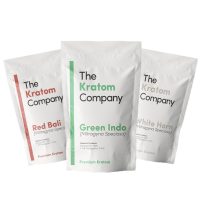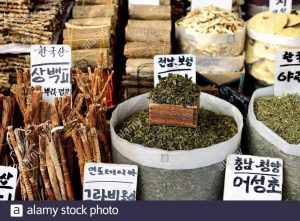Home » International Kratom Law

International Kratom Law
- Anthony Dent, Founding Member
- No Comments
How Kratom laws abroad affect the American market and the industry at large.
It has always seemed like a cruel trick that we humans are so threatened by water.
Half of us can’t even swim; others dislike the notion entirely.
And yet, our planet is almost entirely water. Why would natural law dictate such a thing, where a prevalent species is hardly at home in its natural habitat?
If you’ve ever looked at kratom laws in SouthEast Asia, you may ask the same thing.
Illegality Abroad
While kratom is native to Southeast Asia, ironically, it is banned in many of its countries where it is most prevalent. Strangely enough, the countries responsible for almost all of the worlds kratom supply – Thailand, Indonesia, Malaysia – all have kratom bans.
Well, not quite.
Kratom has just been decriminalized in Thailand. Now, while Indonesia is responsible for up to 90% of the worlds kratom supply, Thailand is a native habitat for kratom, which makes this a significant development. It signals a paradigm shift in the perception of kratom in this area of the world. Kratom was orignally made illegal in these regions due to many nefarious suppliers mixing kratom with dangerous drugs; cocktails would include kratom and be marketed only as kratom, but would include heavy opiates and synthetic substances which were proven dangerous. The government took a wholesale approach, banning everything they found in the cocktails.
But with pressure from science, and other groups in the region, the tide may be turning as Thailand has now admitted that they need to turn their focus away from benign substances, and instead towards drugs that can actually cause harm.
Legality Abroad and America
Believe it or not, the legal status of kratom in Southeast Asia is enormously important. While kratom could, in theory, be grown in other tropical environments, the factors in Indonesia and other large countries which produce kratom are uniquely suited for high quality kratom growth – things like rainfall, seasonal precipitation, soil content, temperatures, and the knowledge of familial legacy farmers is crucial to maintaining the supply of high quality kratom – the type of kratom which may have medicinal potential.
The FDA – they of the long standing fued with kratom, possibly due to their affinity for opiates, and their fear that kratom may usurp the status quo – knows their battle to criminalize and demonize kratom in America is a failing one, dating back to their crusade in 2016 to ban kratom with the help of the DEA. The effort failed miserably, as even the excitable DEA – who needs illegal substances in order to function, and thus is keen on adding things to their drug scheduling – deemed kratom unworthy of illicit designation.
So the FDA, ever eager, has shifted their tactics. They are targeting exports, and trying to create partnerships with foreign governments.
Who would be a more willing partner to stymie the supply of kratom exports to America than a government which has banned kratom?
Hope from Thailand
While Thailand isn’t the worlds largest producer, the fact that the government is finally acknowledging the reality of the situation in regards to kratom – that insisting in criminalization of a plant related to coffee – signifies that the region, as a whole, is beginning to appreciate not only the medicinal potential of kratom, but the economics. Kratom is eminently sustainable for the environment, and provides entire villages with income for families who have run kratom farms for years. In other words, it is highly advantageous for countries to not only permit, but encourage kratom farmers, seeing as kratom’s popularity is rising worldwide, especially in response to the opioid crises.
Crucially, Thailand now represents a bastion of sorts; should the DEA succeed in pressuring other Southeast Asian countries into cessating exports on the basis of the country of origins own illegality of kratom, Thailand represents a halt to those plans. If needed, production could be increased if the worldwide demand falls in Thai kratom farmers. While genetic diversity is crucial for the kratom market, Thailand at least ensures that some kratom remains viable for western markets, should the FDA continue on their warpath.
While many Americans have their own concerns as to kratom illegality – we still are fighting in states like Indiana and their draconian, misinformed laws – it is in fact international law for kratom that may determine the fate of federal kratom law here in America; or, if not kratoms legality, its avaliability.
Thankfully, the kratom community has found a friend in Thailand.
Let’s hope they share the good news with their neighbors.
Peace and Love,
AW
Featured Products
-
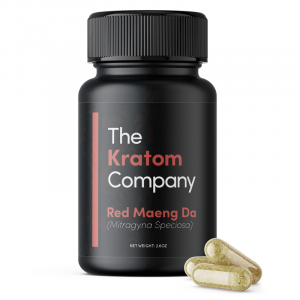 From $24.00Select options This product has multiple variants. The options may be chosen on the product page
From $24.00Select options This product has multiple variants. The options may be chosen on the product page -
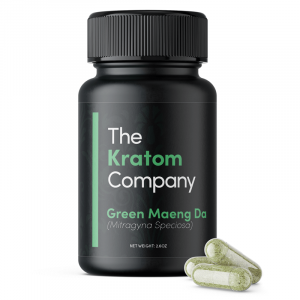 From $24.00Select options This product has multiple variants. The options may be chosen on the product page
From $24.00Select options This product has multiple variants. The options may be chosen on the product page -
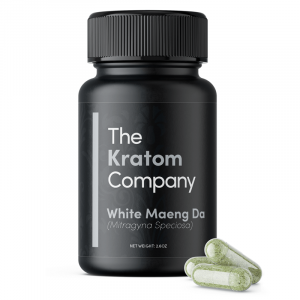 From $24.00Select options This product has multiple variants. The options may be chosen on the product page
From $24.00Select options This product has multiple variants. The options may be chosen on the product page
Explore More Posts
Product Search
Featured Products
-
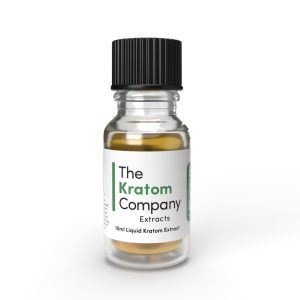 Pure Kratom Liquid Extract
Rated 4.72 out of 5From $20.00
Pure Kratom Liquid Extract
Rated 4.72 out of 5From $20.00 -
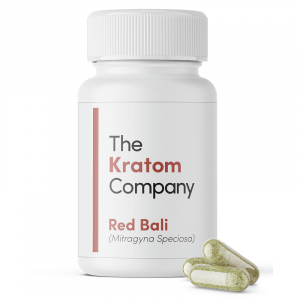 Red Vein Bali Kratom Capsules
Rated 4.70 out of 5From $24.00
Red Vein Bali Kratom Capsules
Rated 4.70 out of 5From $24.00 -
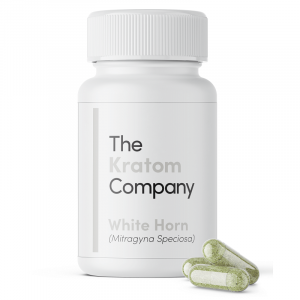 White Horn Kratom Capsules
Rated 4.88 out of 5From $24.00
White Horn Kratom Capsules
Rated 4.88 out of 5From $24.00
Follow Us
Strains
Blogs
NEWSLETTER
Sign up for our newsletter!

These statements and products presented on this website have not been evaluated by the Food and Drug Administration FDA. The products mentioned on this website are not intended to diagnose, prevent, treat or cure any diseases or health conditions. Therefore any information on this website is presented solely as the opinions of their respective authors who do not claim in any way shape or form to be medical professionals providing medical advice. The KRTM Company and its owners or employees cannot be held responsible for, and will not be liable for the inaccuracy or application of any information whatsoever herein provided. By purchasing our products you agree that you are aware and in compliance with your local county, state, or federal regulations. Must be 21 years or older to purchase Kratom. The US FDA has not approved kratom as a dietary supplement. We do not ship to the following states, cities and counties in the US where Kratom is banned: Alabama, Arkansas, Indiana, Rhode Island, Vermont, Wisconsin, Sarasota County, FL, Union County, MS, Denver, CO, San Diego, CA, and Jerseyville, IL.

